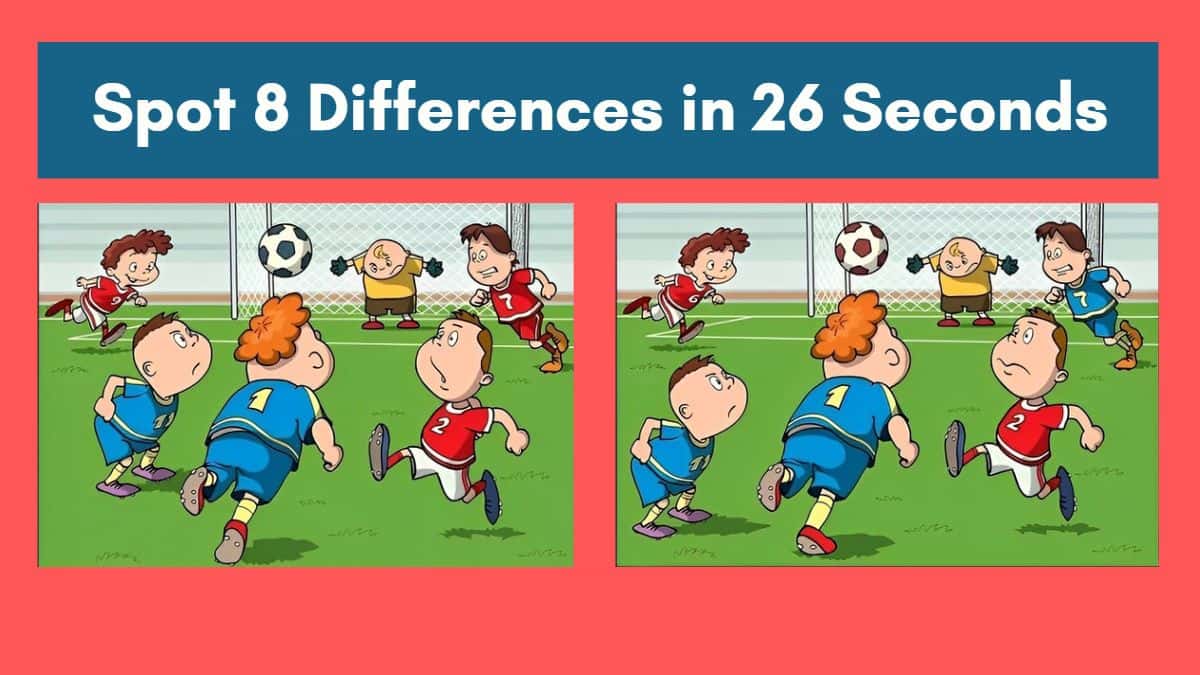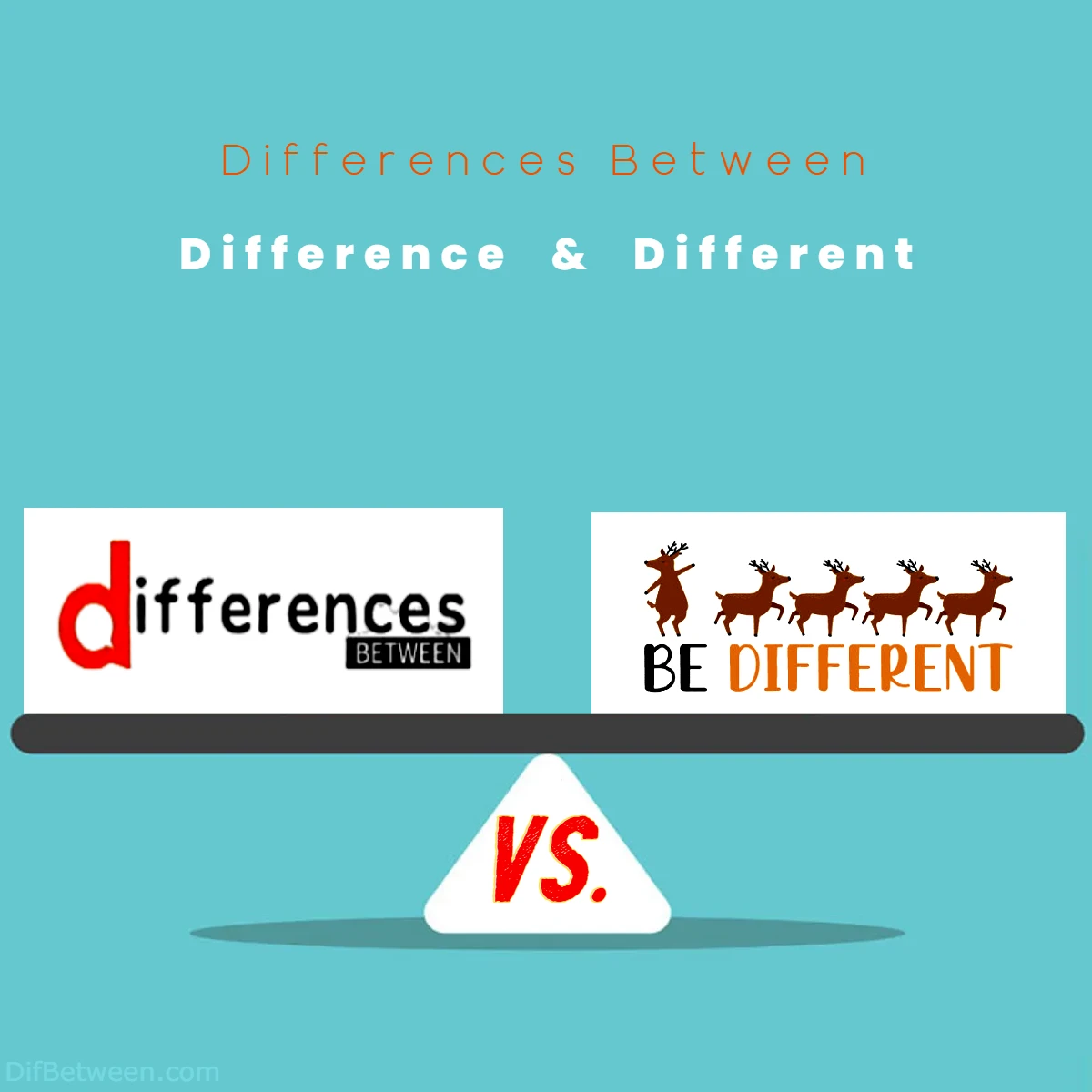Unpacking The Clear Difference Between Nationality And Ethnicity: A Guide For Today
Table of Contents
- Why Understanding Identity Matters
- What Exactly is Nationality?
- What Exactly is Ethnicity?
- Key Distinctions: Nationality Versus Ethnicity
- Clearing Up Common Misconceptions
- Real-World Examples to Clarify
- Why This Distinction is Important
- Frequently Asked Questions
- Bringing It All Together
Why Understanding Identity Matters
Have you ever found yourself a bit confused by words like "nationality" and "ethnicity"? You are certainly not alone in that, you know. It's actually quite common for people to mix these terms up, or even use them as if they mean the very same thing. Yet, each of these concepts has a distinct meaning, and getting clear on them helps us talk about who we are and where we come from with more precision, which is a good thing for everyone, basically.
When we talk about identity, it's pretty clear that these terms often pop up in conversation. Perhaps you've heard someone say they are "American" (their nationality) but also "Irish" (their ethnicity), and that can be a little puzzling if you don't grasp the core differences. This article aims to pull apart these ideas, showing you how they are different but also how they might connect in a person's life, more or less.
Today, as our world feels smaller and more connected, truly understanding these aspects of identity becomes even more important. It helps you see beyond borders and embrace the rich mosaic of human experience, which is pretty cool, if you ask me. We'll explain both concepts, with helpful examples, so you can walk away with a much clearer picture, definitely.
What Exactly is Nationality?
So, what is nationality, really? In simple terms, nationality is the identity of a person's nation where he or she has taken birth, or perhaps gained legal ties. At its core, nationality is an indication of the country where a person is a legal citizen. This legal bond gives you certain rights and responsibilities within that country, like the right to vote or the duty to follow its laws, you know.
Think of it this way: your nationality is like your official membership card to a country. It tells the world which nation claims you as one of its own. This status often comes with a passport, which is a pretty clear sign of your national belonging, as a matter of fact. It's about your political and legal ties to a specific country, nothing more, nothing less, actually.
Birthright and Legal Connections
For many people, their nationality is determined right at birth. This is often called "birthright citizenship," where you become a citizen of the country where you were born, or sometimes, the country your parents belong to, even if you were born elsewhere. So, for instance, someone born in France to French parents would typically have French nationality from day one, which is pretty straightforward.
However, birth isn't the only way to gain a nationality. People can also become citizens through a process called naturalization. This usually involves living in a country for a certain period, passing tests about its history and government, and swearing an oath of allegiance. This means you can change your nationality, or even hold more than one, if the laws of the countries involved allow it, you see.
Can Nationality Shift?
Yes, nationality can definitely shift, which is something many people find interesting. Unlike some other aspects of identity, nationality is often tied to one's place of birth or legal ties like naturalization. This means that while you might be born with one nationality, you could later acquire another. For example, someone born in Canada might later become a naturalized citizen of Germany, thereby changing their primary nationality or gaining a dual one, depending on the rules, obviously.
This ability to change or gain additional nationalities highlights its legal and political nature. It’s not something you necessarily feel deep in your bones, like a cultural connection, but rather a formal status granted by a government. So, you are legally assigned your nationality, and that can change over time, perhaps even multiple times, which is quite different from other forms of identity, truly.
What Exactly is Ethnicity?
Now, let's talk about ethnicity. Ethnicity is a term used to describe a group of people who share a common cultural or ancestral background. This is a much broader concept than nationality, and it really gets into the heart of a person's heritage. It's about a sense of belonging to a subgroup, which is often deeply felt, you know.
This common background can include factors such as language, religion, customs, traditions, shared history, and even physical appearance, though physical traits are more related to race, which we'll touch on briefly later. Ethnicity is about culture and heritage. It's about the traditions passed down through generations, the stories told, and the unique ways a group of people lives and interacts, which is quite fascinating, really.
Shared Cultural Roots and Heritage
Think of ethnicity as a thread that connects you to a particular group of people through shared experiences and ways of life. For instance, someone might identify as "Italian American." Their ethnicity isn't just about being from Italy; it’s about the traditions, the food, the family values, and the historical experiences that define that specific cultural group. This connection is often something people celebrate and take great pride in, too.
These cultural roots can be incredibly strong, shaping a person's worldview and their sense of self. It’s about the collective memory and identity of a group, which can span generations and even continents. So, a person of Japanese ethnicity living in Brazil might still feel a strong connection to Japanese culture, language, and customs, even though they've never lived in Japan, for example.
The Fluidity of Ethnic Identity
Unlike nationality, which is often quite fixed by legal documents, ethnicity can be a bit more fluid and personal. While it's rooted in ancestry and shared culture, how someone expresses or identifies with their ethnicity can vary. Someone might have roots in several ethnic groups and choose to identify more strongly with one over another, or even with multiple, which is pretty common these days.
Ethnicity is more cultural and can be shaped by personal experience and environment. You choose to celebrate your ethnicity. This means you can actively engage with your cultural heritage, learn the language, practice the customs, and pass them on. It's a living, breathing aspect of identity that can evolve and be interpreted differently by individuals within the same ethnic group, too, in a way.
Key Distinctions: Nationality Versus Ethnicity
Alright, so we've looked at each term separately. Now, let's really put them side-by-side to highlight the core differences between nationality and ethnicity. This is where things get really clear, and you can see why they are not interchangeable, as a matter of fact.
The main thing to remember is that nationality is about legal and political belonging. It's about which country you are a citizen of. Ethnicity, on the other hand, is about your cultural background and heritage. It's about the group of people you share traditions, language, or history with. These are fundamentally different concepts, though they can sometimes overlap in interesting ways, you know.
Legal Standing Versus Cultural Sense
At the core, nationality is an indication of the country where a person is a legal citizen. This means it's about official recognition by a state. You get a passport, you vote in elections, you are protected by that country's laws. It's a formal status, basically. This is a very clear distinction, if you think about it.
Ethnicity, however, refers to a cultural sense of common ancestry. It's not about legal papers or government recognition. It's about shared customs, stories, and a feeling of connection to a group based on heritage. You don't get a passport for your ethnicity; it's a part of your personal and collective identity, which is pretty powerful, actually. For instance, someone can be an American national but identify ethnically as Irish, Chinese, or Navajo, and that's perfectly normal, you see.
Celebration by Choice, Assignment by Law
Here's another really important difference: You are legally assigned your nationality. This happens at birth, or through a formal legal process like naturalization. You don't usually get to pick it out like you pick out clothes. It's given to you by the rules of a country, you know.
Conversely, you choose to celebrate your ethnicity. While your ethnic background is inherited, your engagement with it, your pride in it, and how you express it are often personal choices. You can dive deep into your cultural roots, learn traditional dances, or cook ancestral foods. This active engagement is a personal journey, which is quite different from merely possessing a legal status, definitely.
Clearing Up Common Misconceptions
In discussions about identity, it's common for the terms race, ethnicity, and nationality to be used interchangeably. This is where a lot of the confusion comes from, you know. However, as we've already seen with nationality and ethnicity, each of these concepts has a distinct meaning. Getting these straight helps us avoid misunderstandings and talk about people with more respect and accuracy, which is a good thing, really.
Many people assume that if someone looks a certain way, they must belong to a particular nationality or ethnicity. But that's just not how it works, as a matter of fact. Someone might look "Asian" (a racial category), but their ethnicity could be Vietnamese, Korean, or Japanese, and their nationality could be American, Canadian, or British. These are separate layers of identity, basically.
The Race Connection (Briefly)
While this article focuses on the difference between nationality and ethnicity, it's worth a quick mention of race. Race is a social construct that groups people together based on shared physical characteristics, like skin color or hair texture. It's often used to classify people, and historically, it's been tied to power dynamics and social hierarchies, which is a pretty heavy topic, honestly.
The key thing is that race is a social construct that is very different from ethnicity or nationality. Someone of African descent might have Nigerian ethnicity and American nationality. Their race is "Black," but that doesn't define their culture or their legal citizenship. It's a separate category, and it's important not to mix them up, you know.
Why Not Use Them Interchangeably?
Using these terms interchangeably can lead to all sorts of problems and misunderstandings. If you ask someone's "nationality" when you really mean their "ethnicity," you might get an answer that doesn't give you the information you're looking for, or worse, it might seem insensitive. For example, asking a person of Mexican ethnicity who was born in the U.S. about their "nationality" when you're curious about their heritage could be a bit awkward, you know.
Understanding the difference helps us speak with greater accuracy and respect for individual identity. It allows us to appreciate the varied ways people connect to their origins and their place in the world. It also helps us avoid making assumptions about people based on how they look or where they live, which is definitely a step in the right direction, for sure.
Real-World Examples to Clarify
Let's look at a few examples to really make the difference between nationality and ethnicity clear. Take someone like a person born in Germany to Turkish parents. Their nationality would likely be German, as they were born there and hold German citizenship. However, their ethnicity would be Turkish, reflecting their family's cultural background, language, and traditions. They might celebrate Turkish holidays and speak Turkish at home, even though their passport is German, you see.
Consider another case: a person born in the United States whose ancestors came from Ireland during the potato famine generations ago. Their nationality is American. Yet, they might identify very strongly with their Irish ethnicity, participating in St. Patrick's Day parades, learning about Irish history, and perhaps even visiting Ireland to connect with their roots. Their ethnicity is a cultural choice and heritage, while their nationality is their legal bond to the U.S., you know, pretty much.
Or think about a person who moved from India to Canada and became a Canadian citizen through naturalization. Their nationality is now Canadian. However, their ethnicity remains Indian, reflecting their cultural heritage, language, and customs from India. They might still eat Indian food, celebrate Indian festivals, and speak an Indian language at home, even though they are legally Canadian. This shows how nationality can change while ethnicity often remains a core part of someone's identity, which is quite interesting, actually.
These examples show that while nationality is about legal and political belonging, ethnicity is about culture and heritage. One is assigned, the other is often celebrated and chosen in how it is expressed. It really helps you see how people can have very rich and layered identities, which is pretty cool, honestly. It's not just one thing, but a mix of things, you know.
Why This Distinction is Important
So, why does knowing the difference between nationality and ethnicity really matter? Well, for one thing, it helps us have more precise conversations about who people are. When we talk about groups of people, using the correct terms helps us avoid stereotypes and promotes a deeper appreciation for human diversity, which is incredibly important in our interconnected world today, definitely.
It also impacts how we understand global events and social issues. Discussions about immigration, cultural preservation, and national identity become much clearer when we understand these distinct concepts. For example, policies related to citizenship affect nationality, while efforts to preserve traditional languages might be aimed at supporting ethnic groups. It's all about clarity, you know.
Furthermore, for individuals, understanding these terms helps them articulate their own identity. Knowing that your nationality is your legal status and your ethnicity is your cultural heritage can empower you to explain who you are more fully. It helps you recognize variations and contrasts in various contexts, which is a valuable skill, frankly. It's about self-awareness and how you fit into the bigger picture, too.
Ultimately, unraveling the differences, common misconceptions, and how these aspects play out in real life helps us appreciate the rich mosaic of human experience. It helps us see beyond simple labels and embrace the beautiful complexity of individual and group identities, which is pretty much what we all need, honestly. Learn more about identity on our site, and link to this page about identity for more insights.
Frequently Asked Questions
Is nationality the same as ethnicity?
No, they are definitely not the same. Nationality refers to a person's legal connection to a country, usually through birth or naturalization, making them a citizen. Ethnicity, on the other hand, describes a group of people who share a common cultural background, which includes things like language, customs, religion, and shared history. One is about legal papers, the other is about cultural roots, you know.
Can you have multiple ethnicities or nationalities?
Yes, you can absolutely have multiple ethnicities, and in many cases, multiple nationalities too. A person might have parents from different ethnic backgrounds, leading them to identify with both. For nationalities, some countries allow dual or multiple citizenships, meaning a person can be a legal citizen of more than one nation at the same time. It just depends on the laws of those countries, you see.
What is the difference between race and ethnicity?
Race is a social construct that typically categorizes people based on shared physical characteristics, like skin color or facial features. Ethnicity, however, is about shared cultural traits, ancestry, language, and traditions. While race is often about appearance and social grouping, ethnicity is about a shared way of life and heritage. So, a person can be of the "Black" race but have "Jamaican" ethnicity, and that's a very important distinction, frankly. For more on this, you might want to look at academic sources on social identity, for instance, Britannica's explanation of ethnicity.
Bringing It All Together
So, we've gone through the key difference between nationality and ethnicity, and hopefully, you now have a much clearer picture. In simple terms, nationality is about your legal connection to a country, often where you were born or where you've become a citizen. It's your official membership to a nation, which is pretty straightforward, honestly.
Ethnicity, by contrast, is about your cultural heritage and the group of people you share traditions, language, and a common ancestry with. It's a deeper, more personal connection to a shared past and way of life. Remember, ethnicity is about culture and heritage; nationality is about legal and political belonging. You choose to celebrate your ethnicity, but you are legally assigned your nationality, which is a big difference, you know.
Understanding these concepts helps us appreciate the incredible diversity of people around us and speak about identity with greater accuracy and respect. It's a way to embrace the rich mosaic of human experience, seeing beyond simple labels to the fascinating stories within each person. Keep exploring these ideas, and you'll find a whole new appreciation for the world's many cultures and connections, definitely.

Spot The Difference: Can You spot 8 differences between the two images

Spot The Difference: Can you spot 6 differences between the two images

Exploring the Key Differences: 'Difference' vs. 'Different'